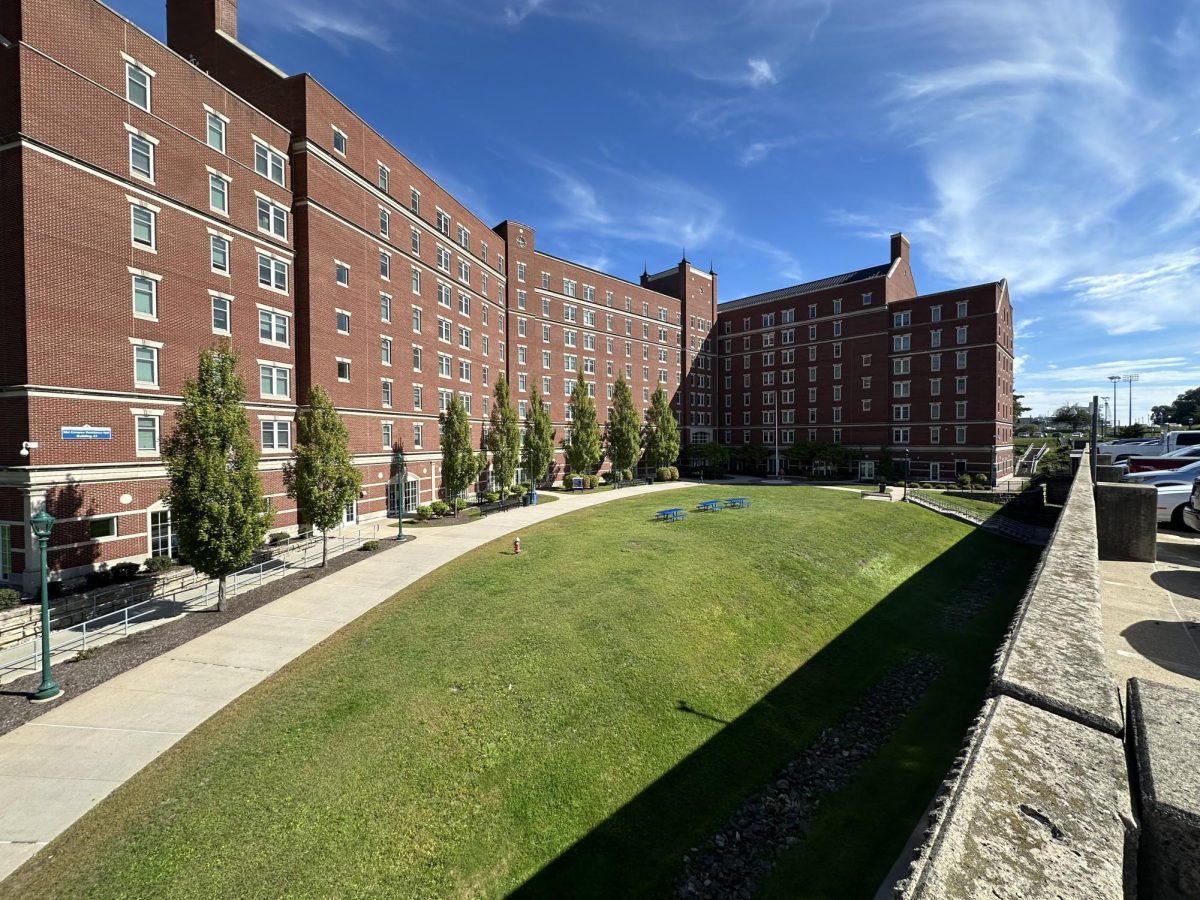Students looking to balance academics with a minimum-wage job must pick up 63 additional shifts to meet rising tuition and fees for the 2024-25 school year.
The Connecticut State Colleges and Universities Board of Regents voted on Dec. 14 to increase tuition and fees of the CSCUs by 5%. The vote was met with resistance from both students and faculty.
“We are acutely aware that a 5% increase will add burden to our students directly and our students’ ability to pay and their ability to balance work, life and family obligations,” said Chancellor Terrence Cheng at the BOR meeting. “We will continue to lobby state leaders intently and consistently for the funding we need to address the system shortfall and hopefully mitigate any tuition fee.”
Fabiola Murati, a resident student from Watertown set to graduate in the spring of 2025, said she was unaware of the increase but will have to anticipate working extra shifts her senior year to cover the cost.
“It impacts me greatly because it’s an extra expense I have to add on to my already long list of things to pay for,” Murati said.
The vote means a $610 increase for in-state commuter students. For full-time resident students, this brings an overall $990 jump from this year’s cost as the BOR voted to increase the cost of room and board by $234 and food services by $146.
As tuition increases nationally, so does student financial stress. The Ohio State University’s Student Financial Wellness Study found 72.5% of students in 2023 were stressed about their finances compared to 68.1% of students in 2020, OSU reported.
Murati said working as an emergency room patient access representative is just one of her two jobs that she will have to juggle on top of academics.
“I have two jobs,” Murati said. “This [increase] does cause me to work extra shifts on top of being in school.”
An increase just shy of $1,000 places students in a position to decide whether they want to go further into debt or prioritize work, ultimately risking poor performance in the classroom.
“I will not take more loans,” Murati said. “This just means that I’ll have to work more, which could potentially affect my academic responsibilities.”
Jayline Guzman, a commuter student from Southington, said that due to the lack of financial aid assistance, she would have to pay more out of pocket and take out more loans.
“Tuition increase just causes me to have to pay more just because I don’t get financial help,” Guzman said. “I will have to take out a bigger loan to help pay.”
Guzman said she was unaware of the tuition increase.
“I was not aware, but now that I am, I have to start doing things to get more money,” Guzman said. “I do have a job, and I will have to work more.”




